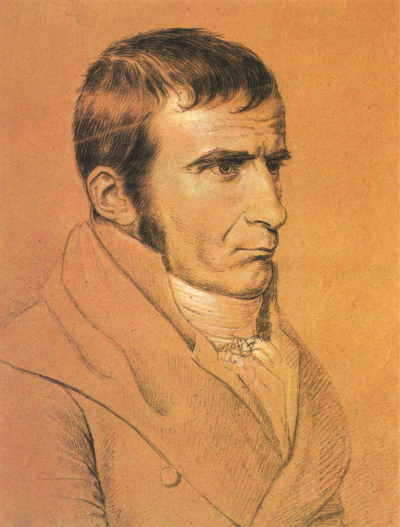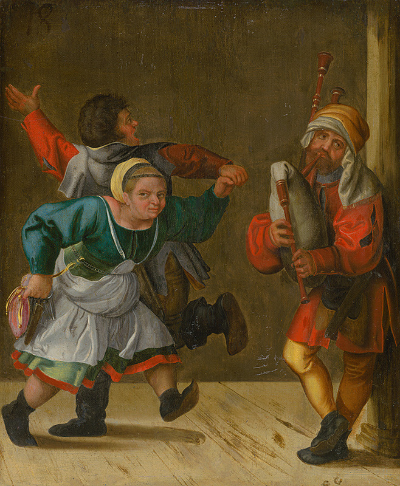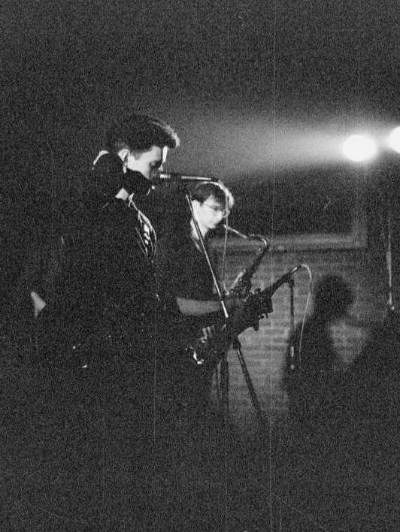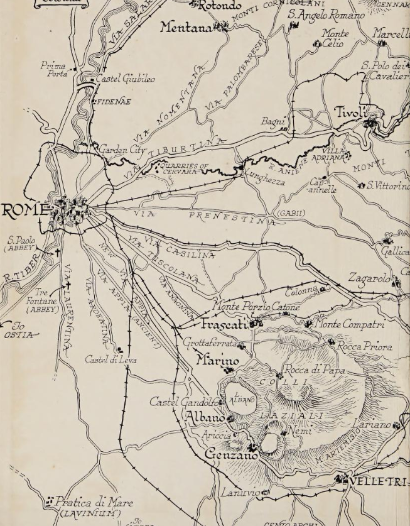
Strolling to Syracuse
On 6 December 1801, Johann Gottfried Seume set out on the journey to Italy that would make him famous. Over the course of nine months, his stroll led him through lands scarred by the Napoleonic wars: from Vienna, Trieste and Venice, through Rome and Naples to Syracuse, and from there back to Leipzig by way of Milan, Zurich, and Paris.
As for the meaning and purpose of such a journey, he spoke only vaguely:
To be sure, I have nothing particular to do in Italy - unless perhaps to glance a little at the Venus de’ Medici, to warm my hands and gaze into the mouth of Father Etna, and to read a poem by Theocritus at the tip of the Syracusan promontory.
Take a look at the Strolling to Syracuse website
Back to Top ↑

